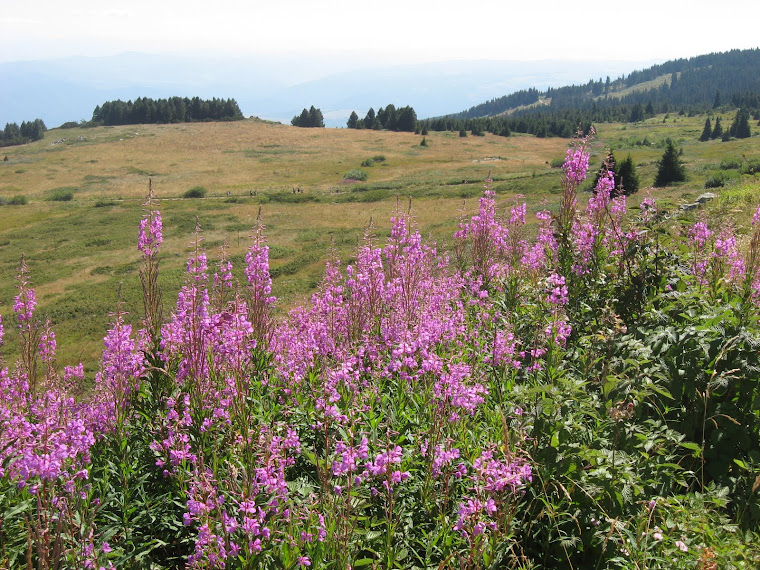I am spending most of this month on vacation in Japan Honshu Island
I should mention first I can get away with the following prescriptions or advice, which I would not do so frankly had I traveled to the U.S., since no one needs an outsider to tell them how much better their country is than theirs, or how much better we do things. But I am not Japanese (though my wife is), and I know that many Bulgarians admire Japan, and were especially impressed by their stoicism, solidarity and gumption in rebuilding without complaint or whining after the triple national disaster (including the nuclear power plant meltdown). They call this “gaman,” usually translated as “patience.”
As we all know, the Japanese islands sit on unstable tectonic plates that make them periodically susceptible to earthquakes, tsunami, and other natural disasters. They do the best they can to minimize the damage, and otherwise get on with their lives. Similarly, because the islands are largely covered by inhospitable mountains, they have been overcrowded for centuries. They have learned to be especially courteous and respectful of their neighbors’ needs, and call this characteristic “wa,” or harmony.
I can’t help noticing that all of us in the West—Europeans as well as Americans—don’t do as well on the “wa” front. Yes, we too come together in the wake of traumas such as the terrorist acts of 9/ll, but it seems that we have the luxury of indulging in too-frequent internecine conflicts or self-inflicted problems (e.g., there is very little graffiti in Japan) because we don’t have to deal regularly with such inhospitable natural conditions.
On the other hand, I also noticed that Bulgaria Japan Bulgaria
I suspect that young Bulgarians pride themselves as members of an English-speaking European community, while young Japanese don’t feel any urgency to work or study abroad. This has become a matter of concern to government officials, and is debated in the national press. It is an issue they will struggle with in the coming years, while on this score, Bulgaria
